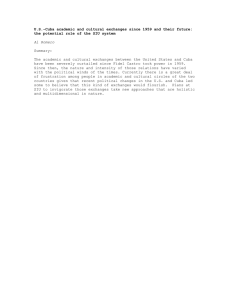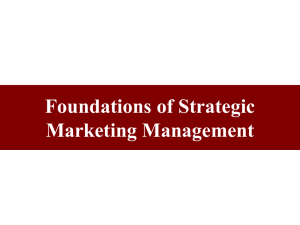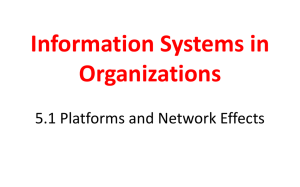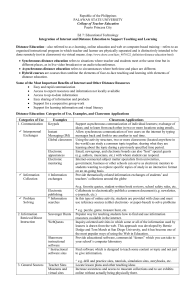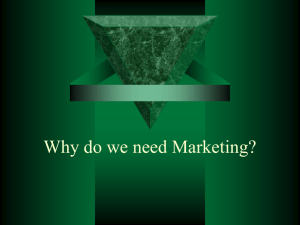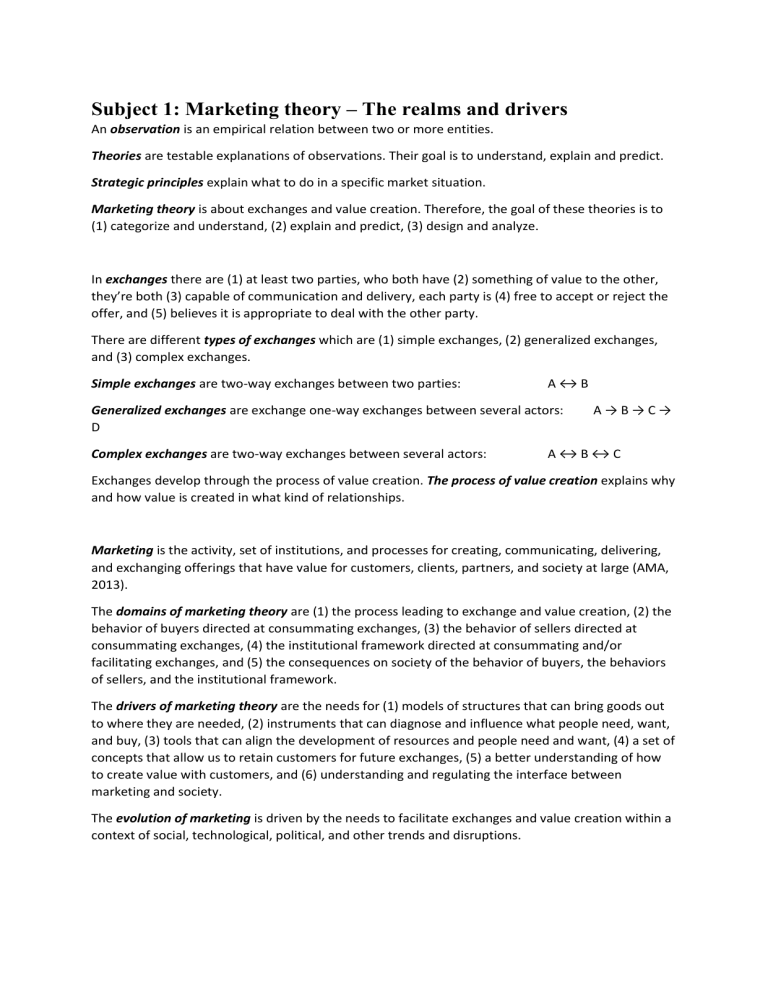
Subject 1: Marketing theory – The realms and drivers An observation is an empirical relation between two or more entities. Theories are testable explanations of observations. Their goal is to understand, explain and predict. Strategic principles explain what to do in a specific market situation. Marketing theory is about exchanges and value creation. Therefore, the goal of these theories is to (1) categorize and understand, (2) explain and predict, (3) design and analyze. In exchanges there are (1) at least two parties, who both have (2) something of value to the other, they’re both (3) capable of communication and delivery, each party is (4) free to accept or reject the offer, and (5) believes it is appropriate to deal with the other party. There are different types of exchanges which are (1) simple exchanges, (2) generalized exchanges, and (3) complex exchanges. Simple exchanges are two-way exchanges between two parties: A↔B Generalized exchanges are exchange one-way exchanges between several actors: D Complex exchanges are two-way exchanges between several actors: A→B→C→ A↔B↔C Exchanges develop through the process of value creation. The process of value creation explains why and how value is created in what kind of relationships. Marketing is the activity, set of institutions, and processes for creating, communicating, delivering, and exchanging offerings that have value for customers, clients, partners, and society at large (AMA, 2013). The domains of marketing theory are (1) the process leading to exchange and value creation, (2) the behavior of buyers directed at consummating exchanges, (3) the behavior of sellers directed at consummating exchanges, (4) the institutional framework directed at consummating and/or facilitating exchanges, and (5) the consequences on society of the behavior of buyers, the behaviors of sellers, and the institutional framework. The drivers of marketing theory are the needs for (1) models of structures that can bring goods out to where they are needed, (2) instruments that can diagnose and influence what people need, want, and buy, (3) tools that can align the development of resources and people need and want, (4) a set of concepts that allow us to retain customers for future exchanges, (5) a better understanding of how to create value with customers, and (6) understanding and regulating the interface between marketing and society. The evolution of marketing is driven by the needs to facilitate exchanges and value creation within a context of social, technological, political, and other trends and disruptions.
